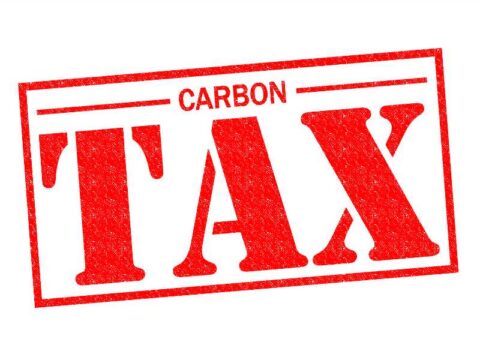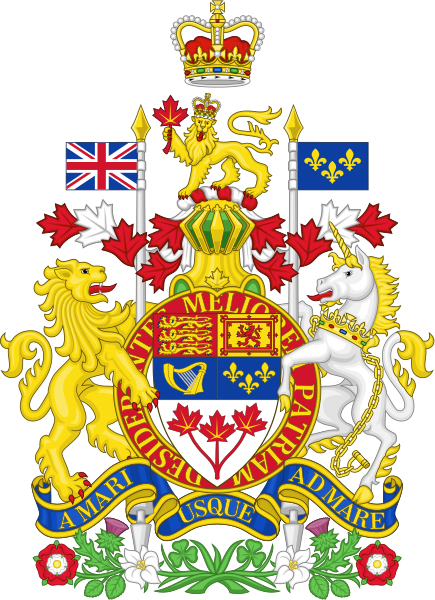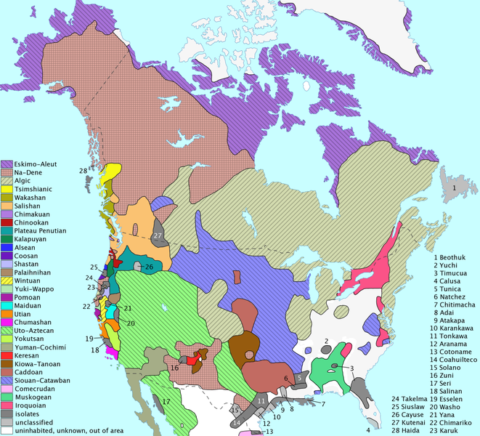Chris Selley points and laughs at Dale Nally, Alberta cabinet minister with responsibility for the regulation of gambling, booze, and cannabis:

Lauren Boothby on Twit, er, I mean “X” – https://twitter.com/laurby/status/1776437318435422493/photo/1
The latest prude eruption comes from Alberta — Canada’s freedom capital, by some accounts. Over the weekend, Edmonton Journal reporter Lauren Boothby quite rightly informed her social-media followers of an extraordinary bargain she had discovered at Super Value Liquor in Edmonton’s Mill Woods neighbourhood: $49.99 for four litres of store-brand “Value Vodka”, produced at the T-Rex distillery in St. Albert, sold in a clear plastic jug, and labelled roughly as you might label a jug of vinegar or bleach (appropriately, per the vodka snobs on X).
“Alberta rules”, Boothby reported, and in many respects I agree.
Alas, a very Canadian scene then unfolded. Dale Nally, the minister responsible for Alberta Gaming, Liquor and Cannabis (ALGC), declared himself not OK with these vodka jugs. Not even slightly tolerant was Nally of these jugs; no sirree, Bob. He conceded the vodka was perfectly legal to sell — a minor but important detail — but claimed the jugs were somehow not in “compliance with … the spirit of Albertans”.
That’s not bad as an accidental pun, but you’ll notice that it’s absolutely meaningless as an explanation or justification for a policy. (Ironically, Nally is also Alberta’s minister responsible for eliminating red tape.) In my experience, when a politician or activist tells you something is against your society’s values or “spirit”, chances are they’re somewhere between 30 and 180 degrees wrong about it. I certainly tend to trust a distillery, a liquor store chain and the people of Alberta over a government minister on the question of whether there’s a market for cheap vodka.
Now to be fair, by any Canadian standard at least, Super Value Liquor is selling some astonishingly cheap hooch. Had someone other than a credible journalist posted that photo on X, I would have disbelieved my eyes. You can’t legally sell a four-litre vessel of vodka in Ontario for less than $144, and in practice it will cost you considerably more than that.
Ontario will always be the capital of Canadian prudery, but that’s almost three times as much! Canadian provinces have their policy and pricing discrepancies, but not many that big.
I’m all for reasonably cheap booze and a wide-open market in pretty much everything that doesn’t inherently harm other people. But in the wrong hands, certainly, alcohol does harm other people, in addition to its consumer. I wish it weren’t true, but it is. Curbing excessive alcohol consumption is a reasonable public-health goal that every serious government and opposition party in the developed world shares to some extent. And the simplest, most efficient and therefore most lucrative way for governments to accomplish that goal is through pricing.
(We’ll leave aside for now the howling conflict of interest inherent in governments selling alcohol — and casino gambling, lottery and sportsbooks, for heaven’s sake — while officially trying to dissuade people from partaking.)














